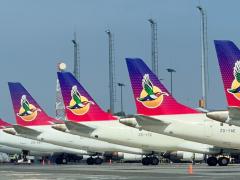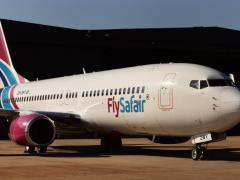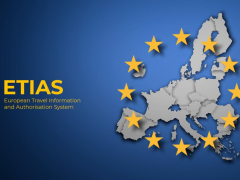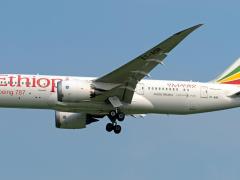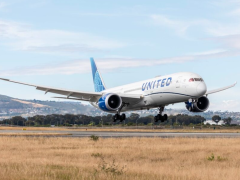Agents have raised concerns that airlines are increasingly abusing ADMs through IATA’s BSP, leaving agents with little recourse and eroding trust across the value chain.
“We are observing a notable increase in what can only be described as questionable – and at times abusive – ADM practices by certain carriers,” says Otto de Vries, CEO of Asata.
More agents believe some airlines are using ADMs as a revenue stream rather than a recovery tool, he says, adding that many carriers have outsourced ADM management to third-party companies whose compensation structures are often volume-driven, naturally incentivising the issuing of more ADMs than what may be justified. “The current ADM environment is a prime example of how trust erodes when administrative processes are leveraged for purposes beyond their legitimate scope.”
Lara Casasola, Owner and MD of Lara Travel, says she is seeing a growing number of “unfair” ADMs, and has had repeated failed attempts at contesting these, despite providing evidence. “For a long time, travel agents felt safe by IATA’s oversight, which governed airlines in a way that ensured recourse when contesting ADMs. Now, instead of protection, we see our money and livelihoods at risk on the BSP, which is being abused,” she says.
Oversight needed
Accountability and transparency in how ADMs are managed across airlines have worsened since IATA disbanded its ADM working group, which previously acted as a collaborative oversight mechanism, De Vries says. “Unfortunately, under the current framework, Asata can only act formally when collective patterns of abuse emerge affecting our broader membership, and we are seeing such examples now with interventions under way where appropriate.”
IATA spokesperson Albert Tjoeng told Travel News that while IATA operated the BSP, it did not validate ADMs. Their use depends solely on each airline’s ticketing policies. “IATA does not review airlines’ ticketing policies – that is a commercial decision by individual airlines. However, airlines participating in the BSP are required to make their ticketing policies available to travel agents in advance,” says Tjoeng.
Resolution vague
Resolution 850m outlines how ADMs are issued, challenged and resolved. However, the resolution is too vague and allows each airline to apply policies inconsistently, creating confusion for agents, De Vries says. “Each airline can implement its own policies within these broad parameters, which creates significant inconsistencies for agents operating across multiple carriers.”
Agencies are forced to commit significant resources to monitoring statements and contesting numerous low-value ADMs, which cumulatively place real operational pressure on them. “The practical impact on travel advisers is substantial. They frequently face disproportionate penalties for minor technical errors that result in no material loss to airlines, and supporting documentation often lacks clarity or relies on ambiguous terminology, which makes challenging these cases difficult,” De Vries says.
“Our position remains clear: ADMs must return to their original purpose, recovering genuine losses, not serve as revenue enhancement mechanisms that undermine trust between business partners across our sector.”

